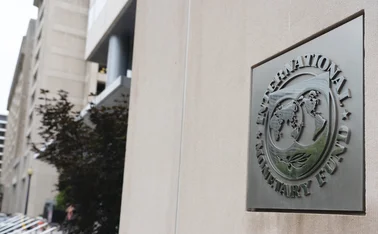
Post-crisis bank behaviour: lessons from South America

Private sector intermediation is significantly reduced for prolonged periods of time and high levels of excess liquidity persist well after financial crises, research published by the International Monetary Fund suggests.
The research examines the behaviour of banks in the Mercosur trading bloc - which includes Argentina, Brazil, Paraguay, Uruguay, Venezuela, Bolivia, Chile, Colombia, Ecuador, Peru - to reach its conclusions
Using a panel dataset of commercial banks taken from 1990 to 2006, the
Only users who have a paid subscription or are part of a corporate subscription are able to print or copy content.
To access these options, along with all other subscription benefits, please contact info@centralbanking.com or view our subscription options here: http://subscriptions.centralbanking.com/subscribe
You are currently unable to print this content. Please contact info@centralbanking.com to find out more.
You are currently unable to copy this content. Please contact info@centralbanking.com to find out more.
Copyright Infopro Digital Limited. All rights reserved.
As outlined in our terms and conditions, https://www.infopro-digital.com/terms-and-conditions/subscriptions/ (point 2.4), printing is limited to a single copy.
If you would like to purchase additional rights please email info@centralbanking.com
Copyright Infopro Digital Limited. All rights reserved.
You may share this content using our article tools. As outlined in our terms and conditions, https://www.infopro-digital.com/terms-and-conditions/subscriptions/ (clause 2.4), an Authorised User may only make one copy of the materials for their own personal use. You must also comply with the restrictions in clause 2.5.
If you would like to purchase additional rights please email info@centralbanking.com







